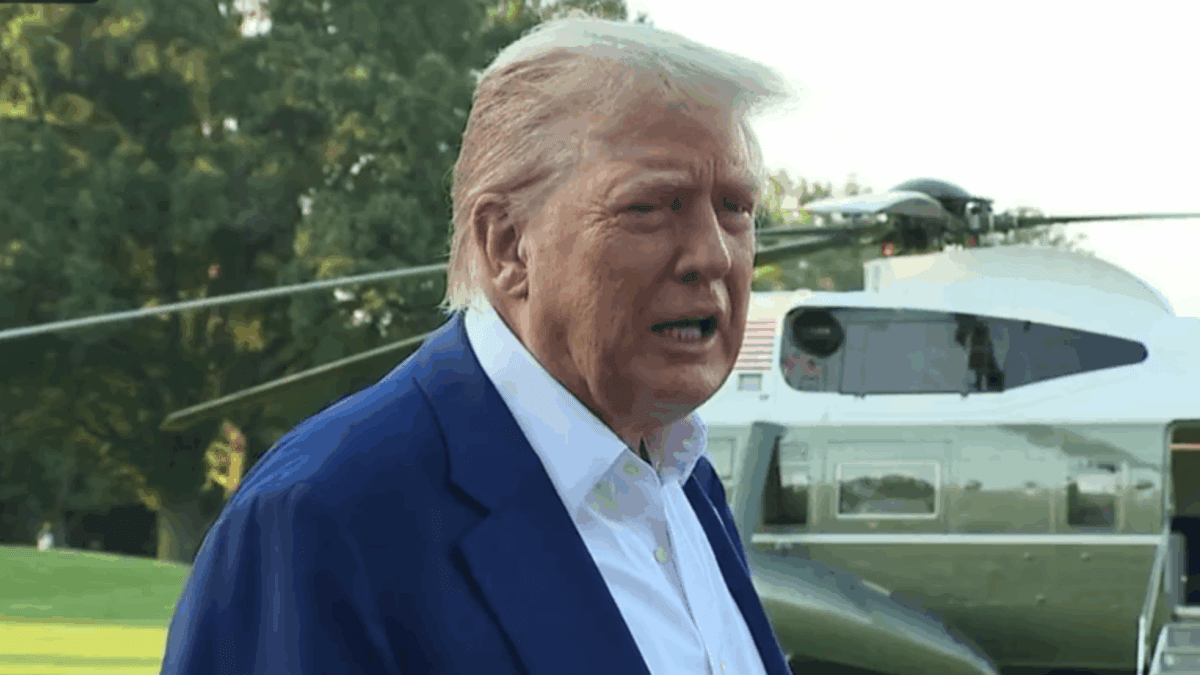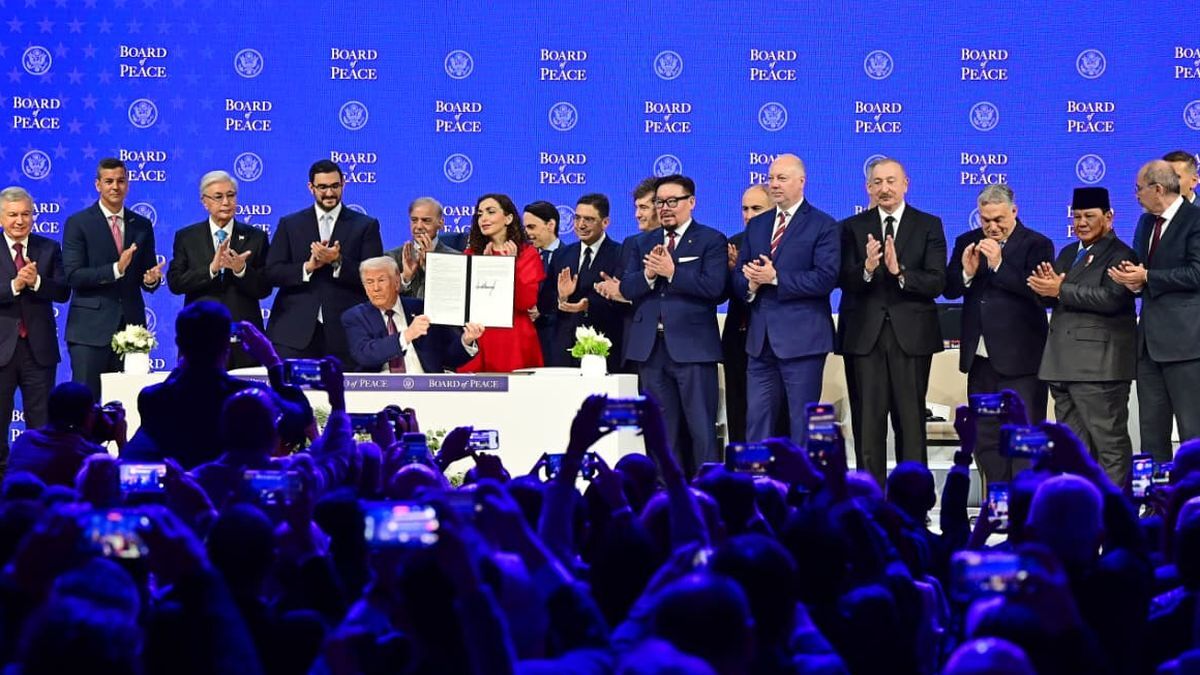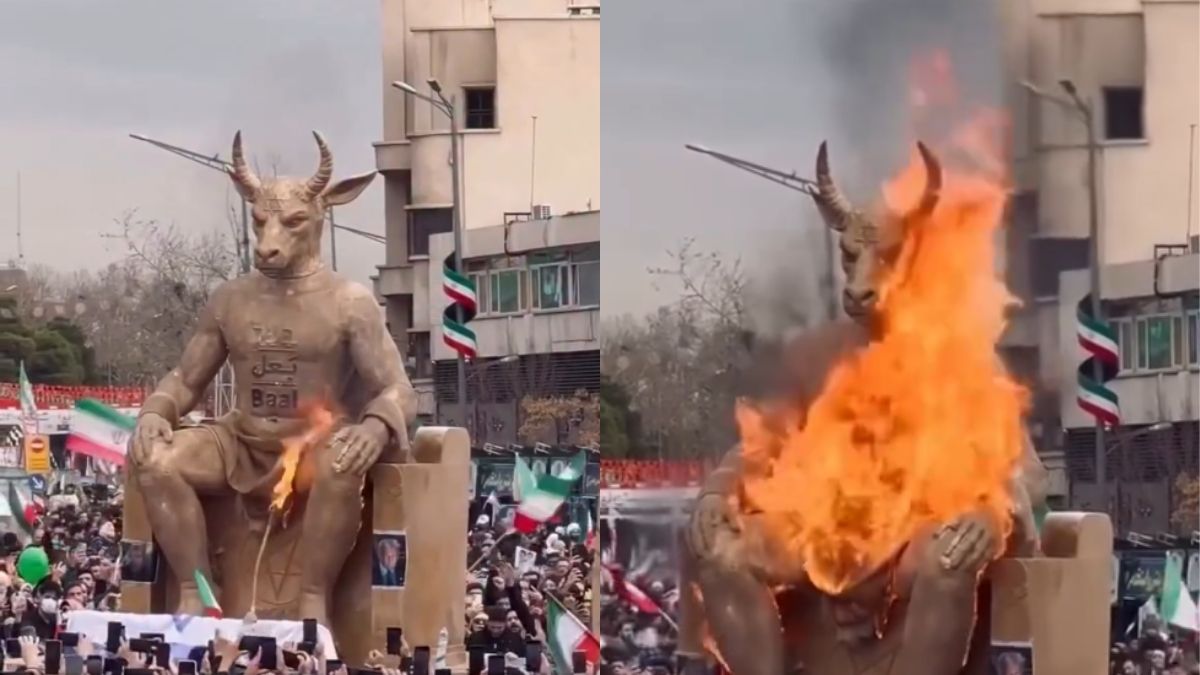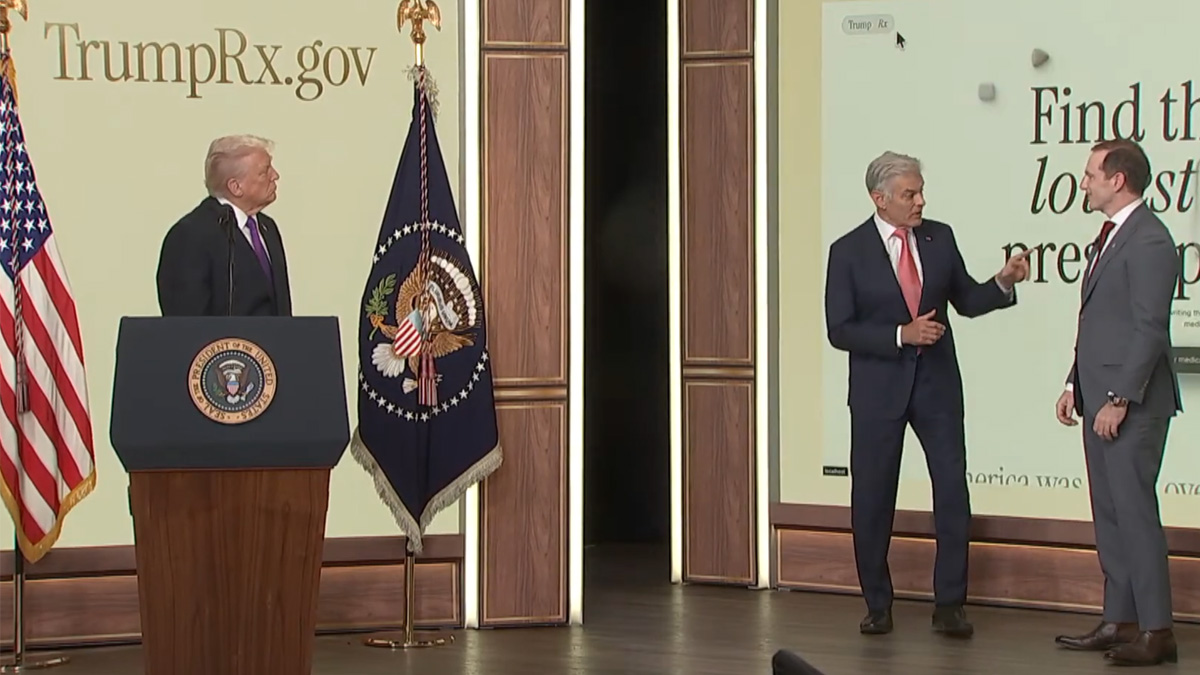Ceasefire between Iran and Israel holds amid mutual accusations of violations
A fragile ceasefire between Iran and Israel continued on Tuesday despite mutual accusations of violations. U.S. President Donald Trump urged both sides to uphold the truce, warning against escalation following weeks of strikes and retaliations that left nearly 1,000 people dead in Iran.

- A ceasefire between Iran and Israel holds but is under strain amid mutual accusations of violations.
- U.S. President Donald Trump warned both nations to honour the truce, following weeks of deadly exchanges.
- Casualties from the conflict include 974 dead in Iran and 28 in Israel, according to independent and official reports.
A tenuous ceasefire between Iran and Israel remained in effect on 17 September despite continuing accusations of breaches by both sides. U.S. President Donald Trump urged restraint and warned of severe consequences if the truce collapsed.
Speaking before leaving for a NATO summit, Trump showed visible frustration with the situation. He remarked, “We basically have two countries that have been fighting so long and so hard that they don’t know what the f—- they’re doing.” He later declared on social media that the ceasefire remained in effect and insisted Israel would not attack Iran.
The ceasefire came after a surge in violence that saw U.S. airstrikes on three Iranian military and nuclear facilities. Tehran retaliated with a missile strike on a U.S. base in Qatar, though no casualties were reported after an advance warning was issued.
Despite the truce, Israel accused Iran of firing two missiles into northern Israeli airspace. Both were intercepted without causing casualties. Iranian state media denied any such launches and instead accused Israel of breaching the ceasefire by targeting Iranian territory.
According to Iranian state television, one Israeli strike killed nuclear scientist Mohammad Reza Sedighi Saber at his father-in-law’s home. Israeli officials have not confirmed the strike, though Prime Minister Benjamin Netanyahu claimed Israel had dismantled parts of Iran’s nuclear programme.
Netanyahu said Israel had achieved its war aims and accepted the ceasefire after discussions with Trump. U.S. officials indicated that Trump had urged Netanyahu to avoid relying on further American military action and instead explore diplomatic solutions with Iran.
A classified assessment by the Defense Intelligence Agency, however, cast doubt on Trump’s claims of success. According to individuals familiar with the report, the American bombing campaign delayed Iran’s nuclear programme by only a few months, contrary to Trump’s assertion that it had been “completely and fully obliterated.” The White House dismissed the intelligence findings as “flat-out wrong.”
The conflict began nearly two weeks earlier when Israel struck Iranian nuclear and military sites, citing concerns that Tehran was nearing the production of atomic weapons. Iran continues to insist its programme is solely for civilian energy purposes.
During the hostilities, Iran launched missiles at Israeli cities. Beersheba was hit by 20 missiles, causing significant casualties and damage. Human Rights Activists, a Washington-based organisation, reported that Israeli strikes in Iran killed 974 people and injured 3,458. Israeli officials reported 28 deaths and more than 1,000 injuries from Iranian attacks.
In Iraq, pro-Iranian militias attempted to attack U.S. bases with drones near Baghdad airport and in western regions. U.S. forces intercepted the attacks, and no casualties were reported. No group has formally claimed responsibility.
Regional security concerns remain heightened. Analysts warn that conflict could widen if Iran disrupts shipping in the Strait of Hormuz. China, Iran’s largest oil customer, condemned the U.S. strikes and cautioned against a spiral of escalation. Trump later stated that the ceasefire would allow Iran to continue oil exports, easing fears of global supply shortages.
U.S. officials confirmed the evacuation of 250 American citizens and their families from Israel. However, an estimated 700,000 Americans, many with dual nationality, remain in the country.
Although the ceasefire has brought temporary calm, its fragility is evident. Trump has reiterated that he does not seek regime change in Tehran but acknowledged the risks of ongoing instability. Iran’s Supreme Leader Ayatollah Ali Khamenei has remained resolute, rejecting any notion of surrender to foreign pressure.
The international community remains watchful, urging both sides to maintain the ceasefire and avoid renewed escalation in a region already under severe strain.







